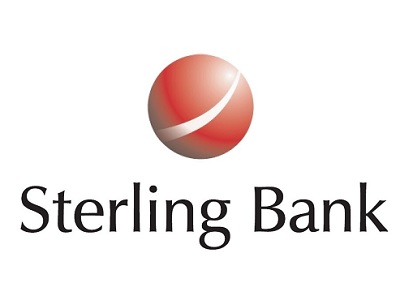Securities and Exchange Commission (SEC) has issued warnings regarding the activities of AURUM BOT and ModMount Services Limited.

The apex regulator of the capital market flagged both entities for operating without the necessary legal licenses and for exhibiting high-risk characteristics typically associated with fraudulent Ponzi schemes.
This SEC’s newest move in 2026 is part of the regulator’s broader crackdown on unregistered digital asset platforms that lure retail investors through social media with promises of “guaranteed” or “unrealistically high” returns.
In separate statements, the SEC said its attention has been drawn to the activities of AURUM BOT, “which presents itself as an investment platform dealing with cryptocurrency in Nigeria.”
The Commission reiterated that transacting in the Nigerian Capital Market with unregistered and unregulated entities exposes investors to financial risk, including fraud and potential loss of investment.
“The Commission hereby informs the public that AURUM BOT is not registered or licenced by the Commission to either solicit investments from the public or operate in any capacity within the Nigerian capital market”.
“Investigations have revealed that AURUM BOT has been actively promoted on social media platforms and online forums. Furthermore, its operations exhibit characteristics commonly associated with fraudulent Ponzi schemes,” SEC said.
SEC advises the public to refrain from investing with AURUM BOT in respect of any business pertaining or relating to the Nigerian capital market “as any investment activity carried out by them in Nigeria is illegal, and any person who engages with the platform does so at his/her own risk”.
Also, the SEC said its attention has been drawn to the activities of an online investment platform known as ModMount Services Limited, “which holds itself out as a financial services provider and Contract for Difference (CFD) broker offering investment opportunities in forex, stocks, indices, commodities, and cryptocurrencies”.
According to SEC, “Investigations by the Commission have revealed that the operators of ModMount Services Limited claim that the company is incorporated in Seychelles and authorised by the Financial Services Authority (FSA) of Seychelles.
“In addition, the entity solicits funds from members of the Nigerian public and encourages investors to remit monies through bank accounts domiciled in Nigeria. The Commission has also received information indicating complaints of withdrawal difficulties, aggressive solicitation practices, and other conducts inconsistent with fair market practices,” SEC noted.
SEC said that ModMount Services Limited is not registered or licensed by the Commission to either solicit investments from the public or operate in any capacity within the Nigerian capital market.
“Accordingly, the public is advised to refrain from investing with ModMount Services Limited in respect of any business pertaining or relating to the Nigerian capital market as any investment activity carried out in Nigeria is illegal, and any person who engages with the entity or its representatives does so at his/her own risk,” SEC noted.


















































